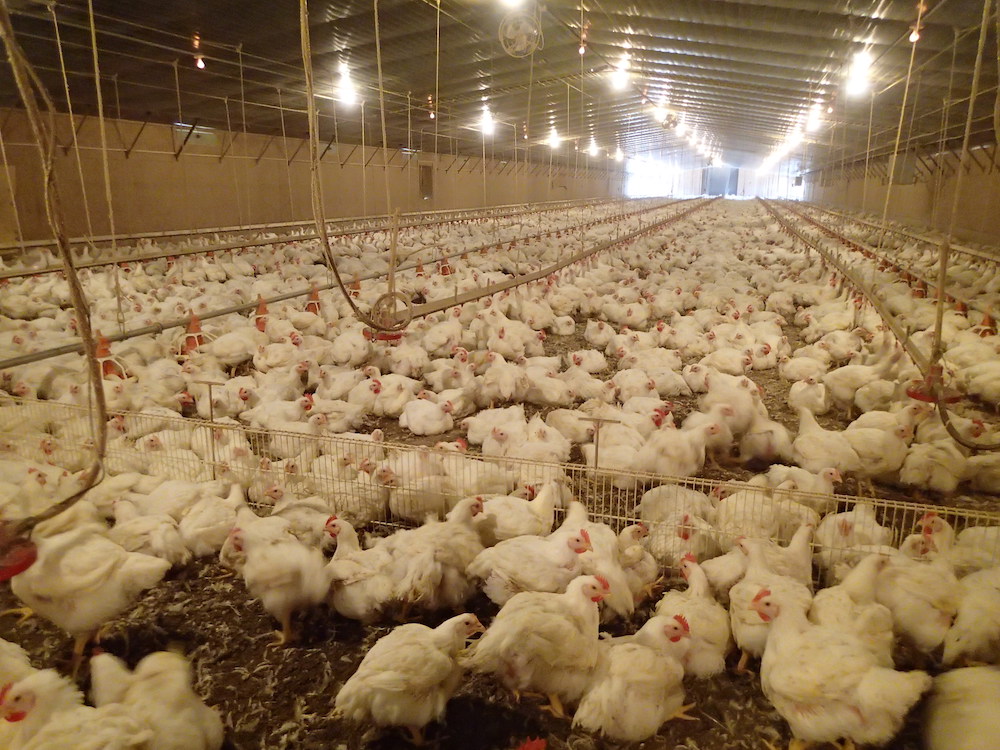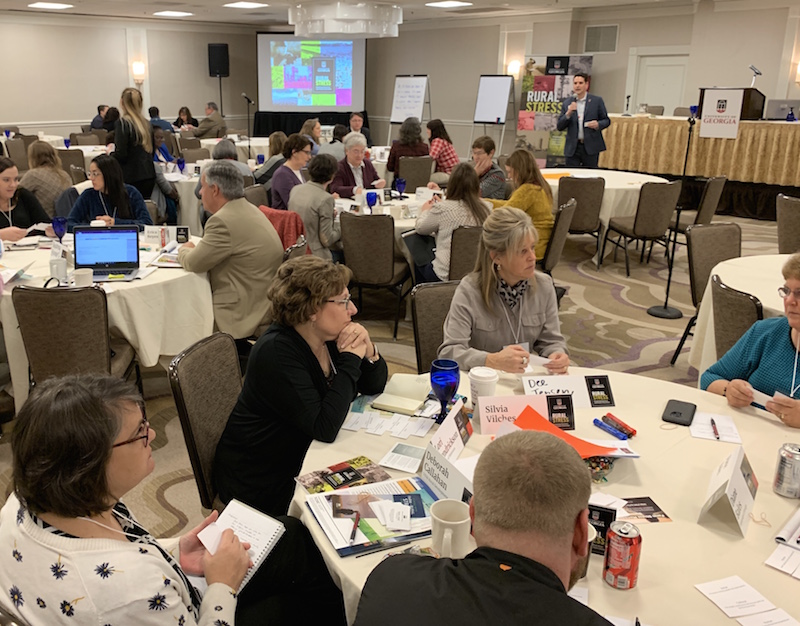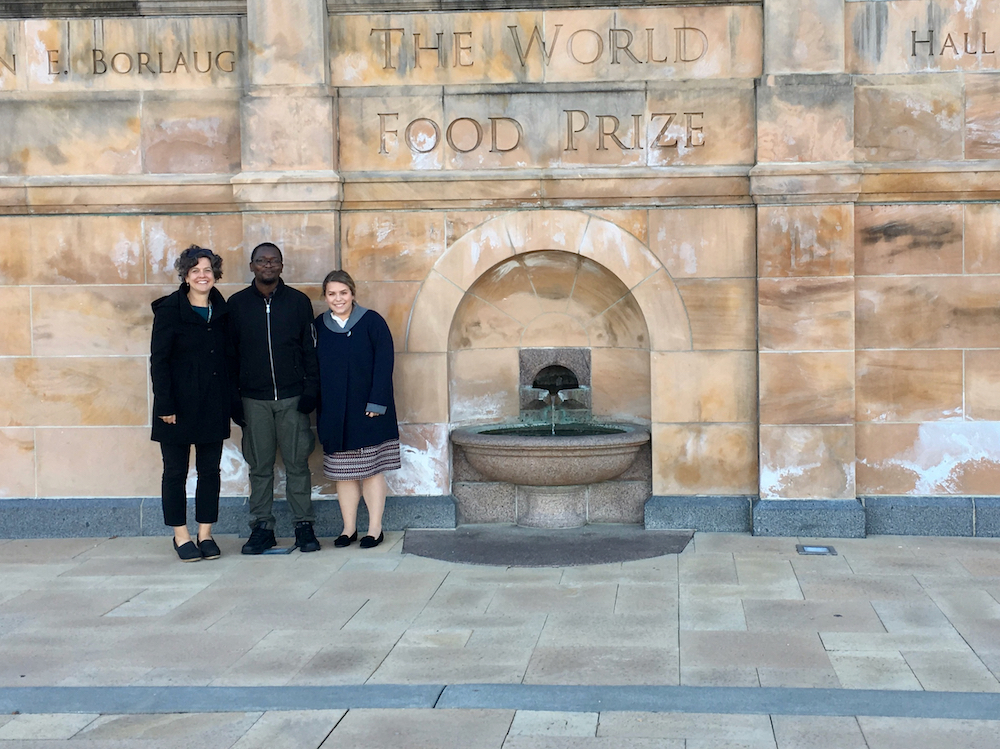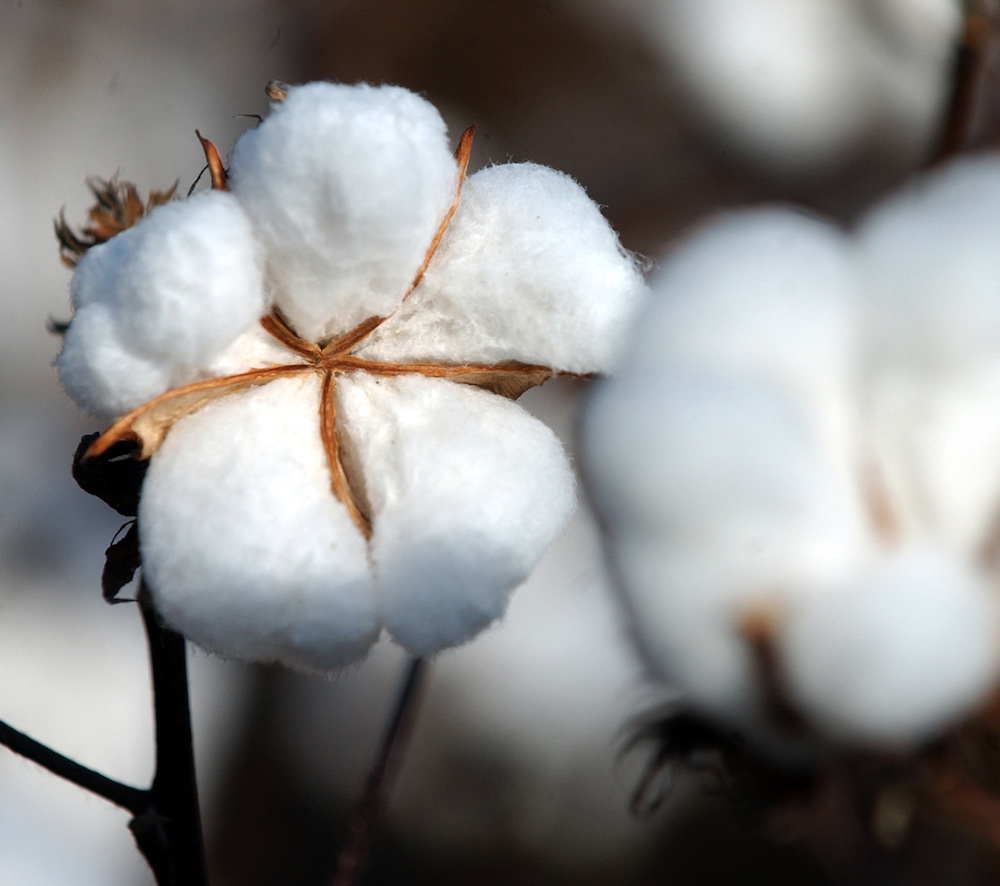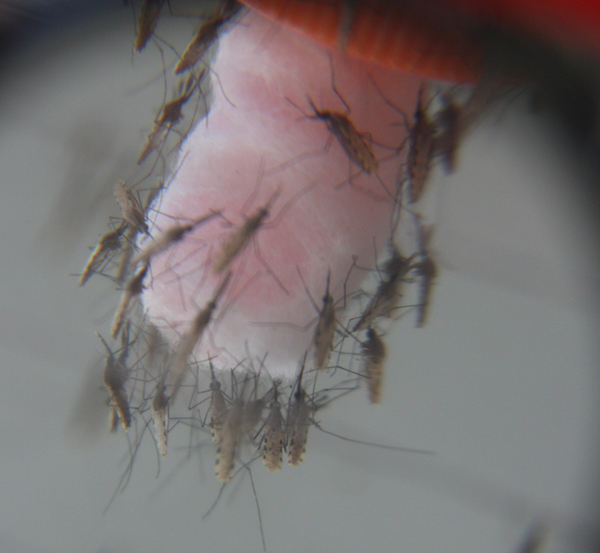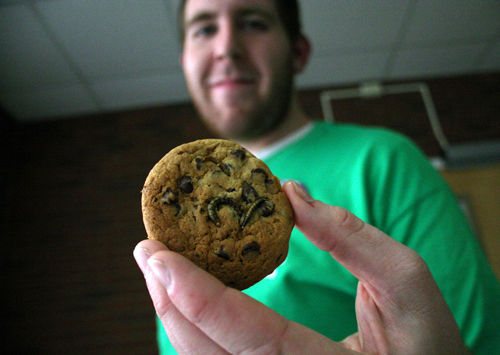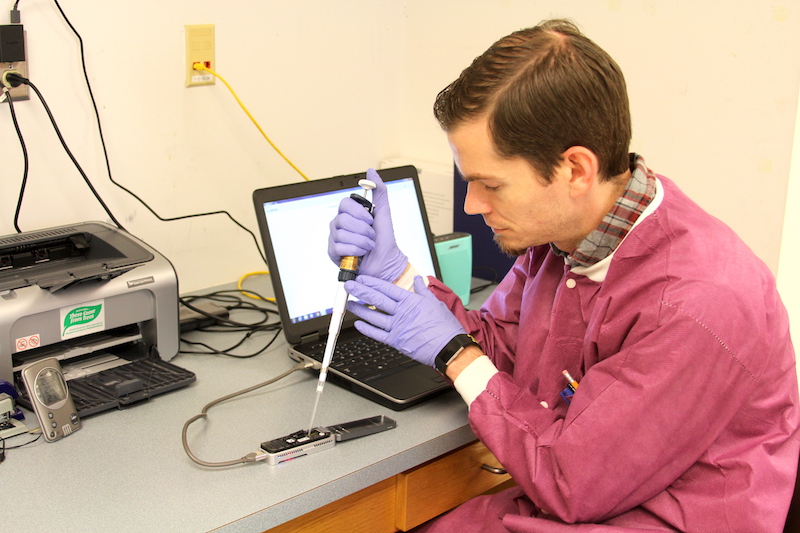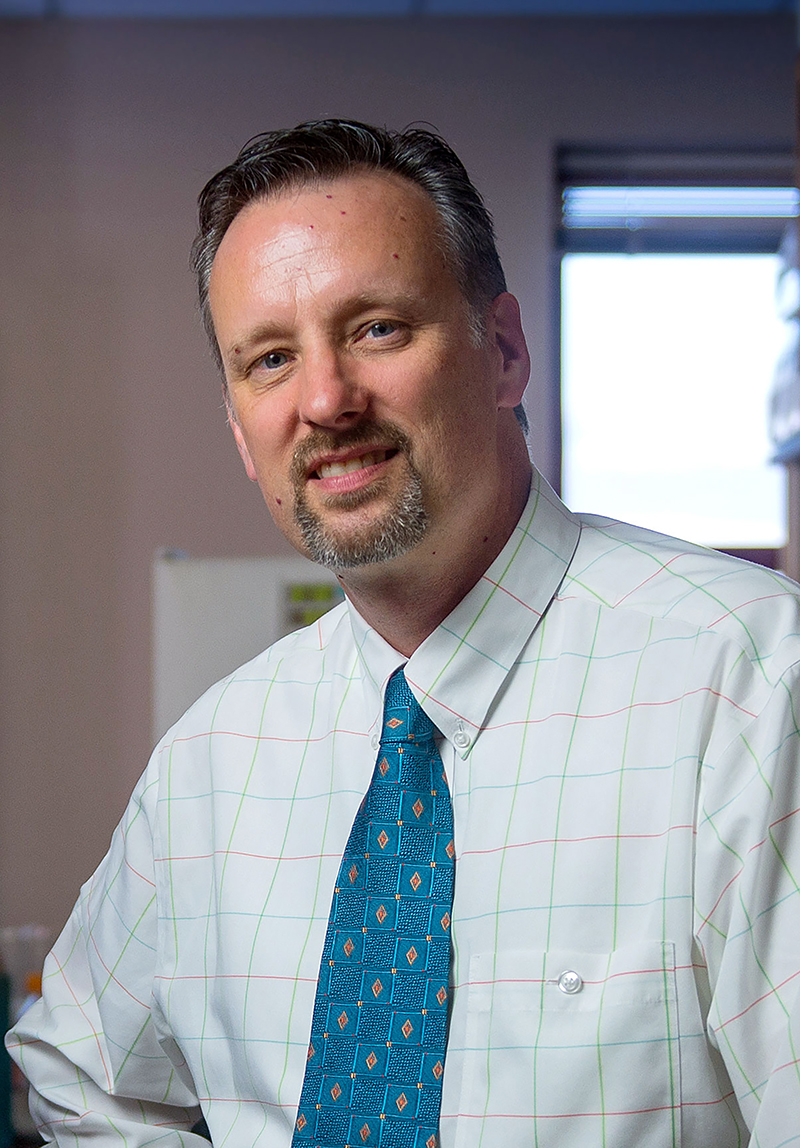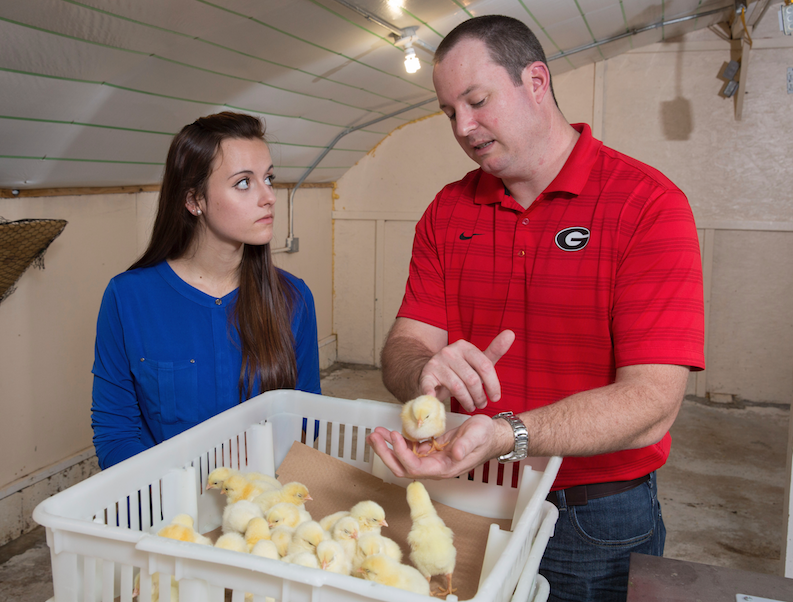 CAES News
CAES News
Poultry Health
Like human infants, baby chicks are born without immunity to many common diseases. Immunizations are the answer, but it can be hard to immunize entire flocks of chickens in an efficient manner. That’s where poultry health specialists like Brian Jordan come in.

